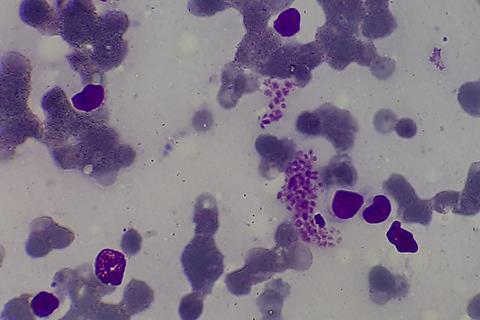Leishmaniases are transmitted by the protozoan parasite Leishmania through the bites of infected sandflies. Despite the availability of various medications, rising resistance and toxicity levels underscore the urgent need to explore and create a reliable, safe vaccine for human use.

Creating live attenuated promastigotes by genetically modifying essential gene targets affects their virulence without influencing their immunogenic attribution, and has shown highly promising reproducibility. These vaccines provide protection against challenge with virulent wild-type parasites.
READ MORE: Researchers make breakthrough in bid to develop vaccines and drugs for neglected tropical disease
Advances in CRISPR/Cas9 gene editing technology have shown promise in enabling marker-free gene modification. A new study by researchers at West Bengal State University, published in Zoonoses, discusses genetically modified Leishmania with the potential to confer protection against wild-type Leishmania challenge in animal models.
Because of several limitations, success has not been achieved to date. Therefore, additional potential candidates with high effectiveness must be assessed as potential vaccines in the future, the authors say.







No comments yet